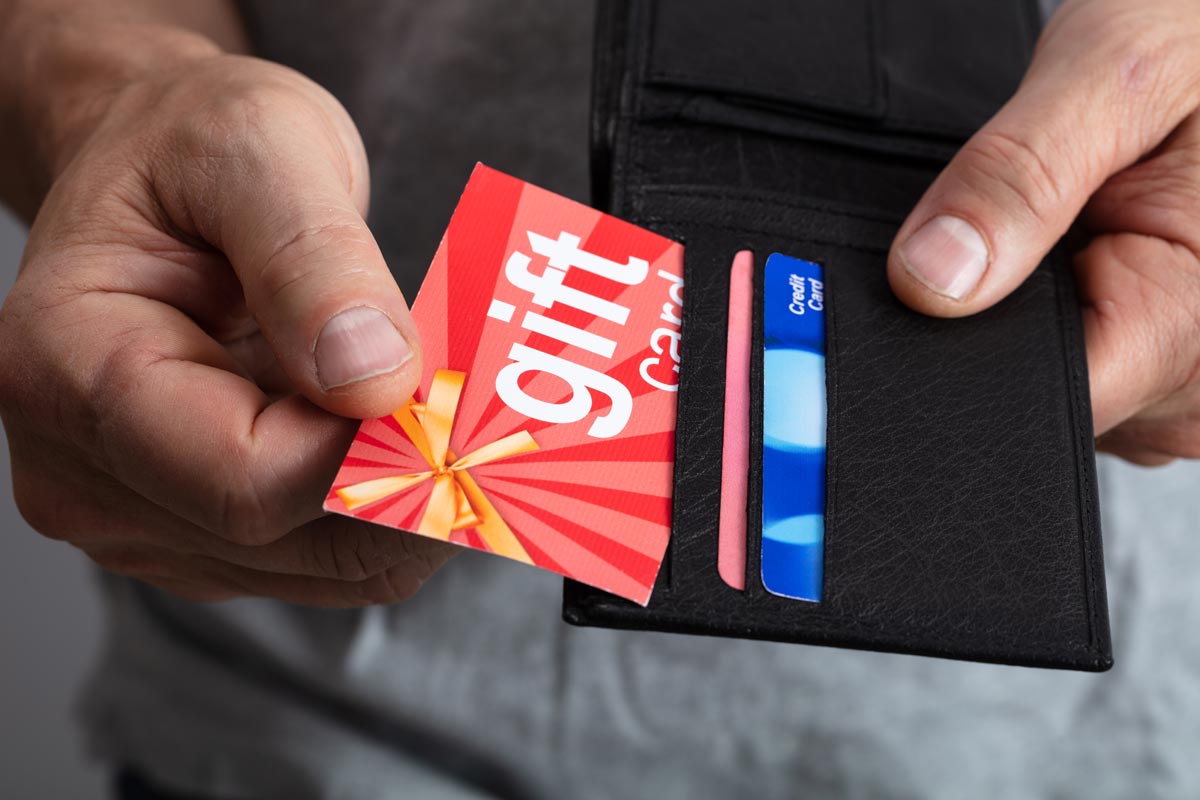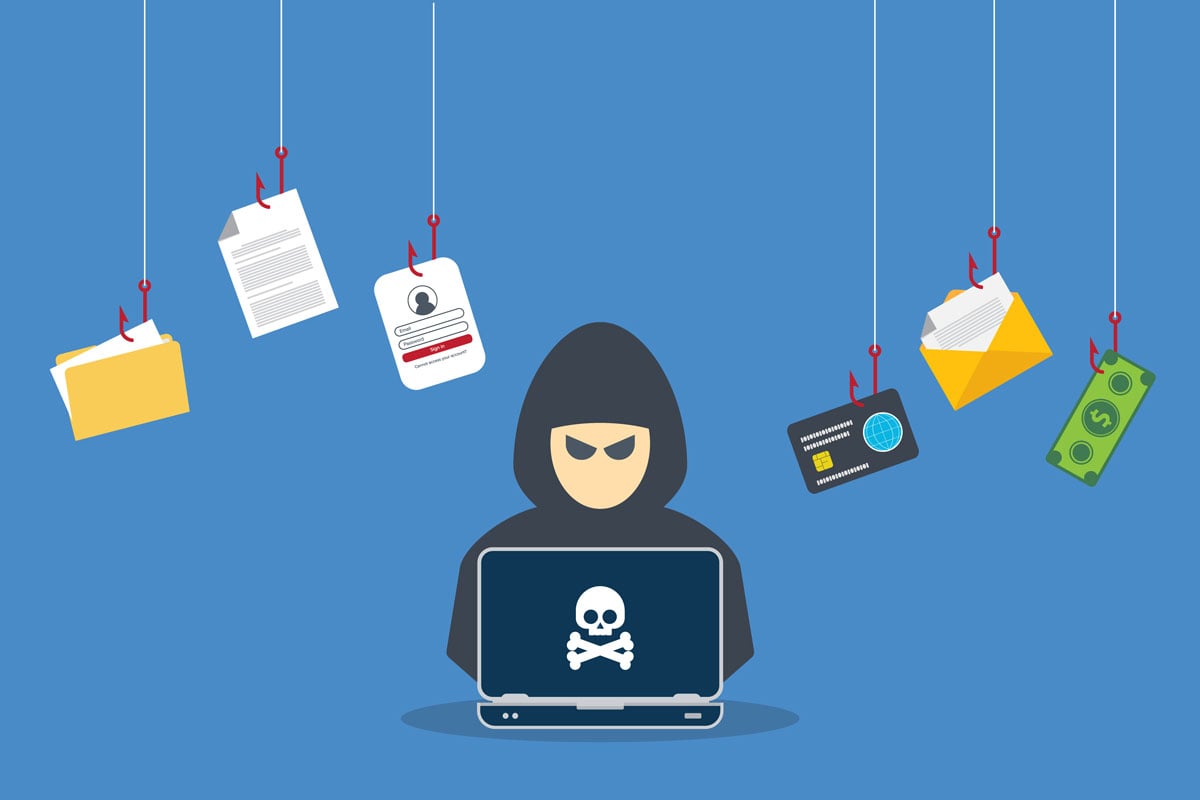Everyone loves a gift card for their favorite retailer or restaurant. It’s like getting money to spend in any way you please! Unfortunately, scammers also love gift cards, but for all the wrong reasons: They often use gift cards to pull off scams. Here’s what you need to know about gift card scams and how to avoid them.
How the scams play out
There are several ways scammers utilize gift cards to con victims out of their money:
-
The IRS gift card scam. In this scam, a target receives a threatening message that’s allegedly from the IRS and claiming they are at risk of arrest for tax evasion if they do not pay up immediately. However, they insist that payment can only be made in the form of a gift card. Often, the scammer will ask specifically for an iTunes gift card, because, as you know, the IRS always asks for tax payments in the form of digital music.
-
The tech support gift card scam. In this variation, a caller pretends to represent tech support at a recognized company, like Apple or Microsoft. They’ll insist there is something wrong with the victim’s computer and offer to “assist” in fixing the problem. Payment can be made with a gift card, of course. Lucky for you, there is nothing wrong with your computer, but you’ve just been targeted by a scam and are at risk of getting tricked.
-
The romance gift card scam. A new dating partner found through a dating website asks for money in the form of a gift card to help them out of a sticky situation. Believe them and you’ll lose both your date and your money.
-
The sweepstakes gift card scam. Congratulations — you’ve won a trip to the Cayman Islands! But first, you have to pay the small processing fee via gift card. Follow directions and you’ll never see that vacation or the money you spent on the gift card again.
-
The utility gift card scam. You don’t want your gas or electricity cut off, do you? If you don’t pay up with a gift card, the lights might just go out. They won’t, but if you fall for the call, you’ll be out the money you spent on the gift card.
-
The balance-check gift card scam. You spot a discounted gift card up for sale online and happily purchase the card. The seller will send you the card, but then ask you to read the numbers over the phone to confirm the balance. If you comply, the seller now has all the information they need to use up all the funds on the gift card.
How to spot a gift card scam
A little bit of knowledge goes a long way in recognizing gift card scams:
-
The IRS will never initiate correspondence by phone call, text message, or email. Instead, they will send a letter to taxpayers through the U.S. postal system.
-
No authentic business or government agency will insist on payment by gift card.
-
If you don’t recall entering a sweepstakes, chances are you didn’t win it either.
-
A caller or message claiming a matter is urgent and demands immediate action is nearly always a scam.
In general, gift cards should be used for purchases or to send as gifts, and not as payments. Also, as with all sensitive information, the numbers on your gift card should never be shared over the phone or online. Finally, it’s best to only purchase gift cards through reputable sellers or those that have excellent customer reviews and/or offer a cash-back guarantee.
If you’ve fallen victim to a gift card scam
If you’ve paid a scammer with a gift card or shared your gift card information after being taken by any of the above ruses or similar schemes, take immediate steps to mitigate the damage.
First, contact the company that issued the card as soon as possible. You can find the customer service number for most companies on the card itself or through a simple Google search. Tell the representative what happened. If you still have them, hold on to the receipt and the actual card for proof should it be required.
Next, if the scammer continues to contact you by phone, text message or email, do not engage further. Block the scammer’s number from your mobile device and mark their emails as spam.
Finally, report the incident to the FTC and alert your family and friends about the scam.
Stay safe!



